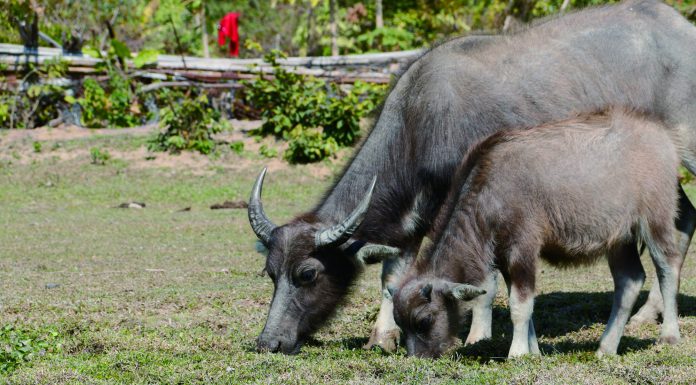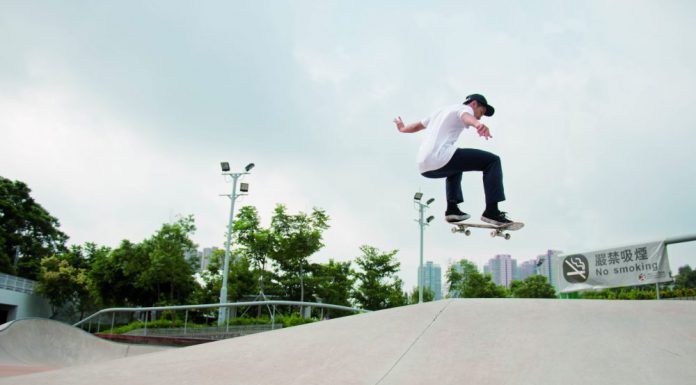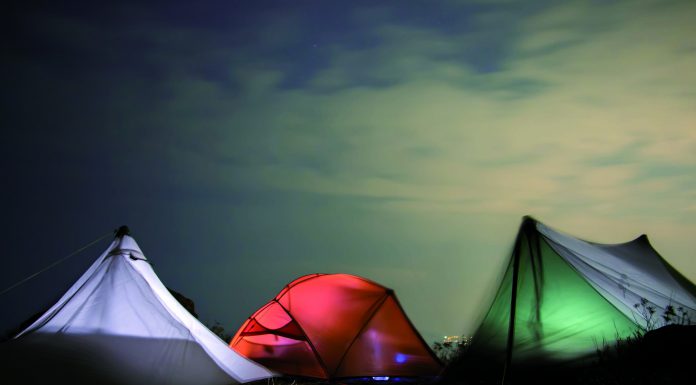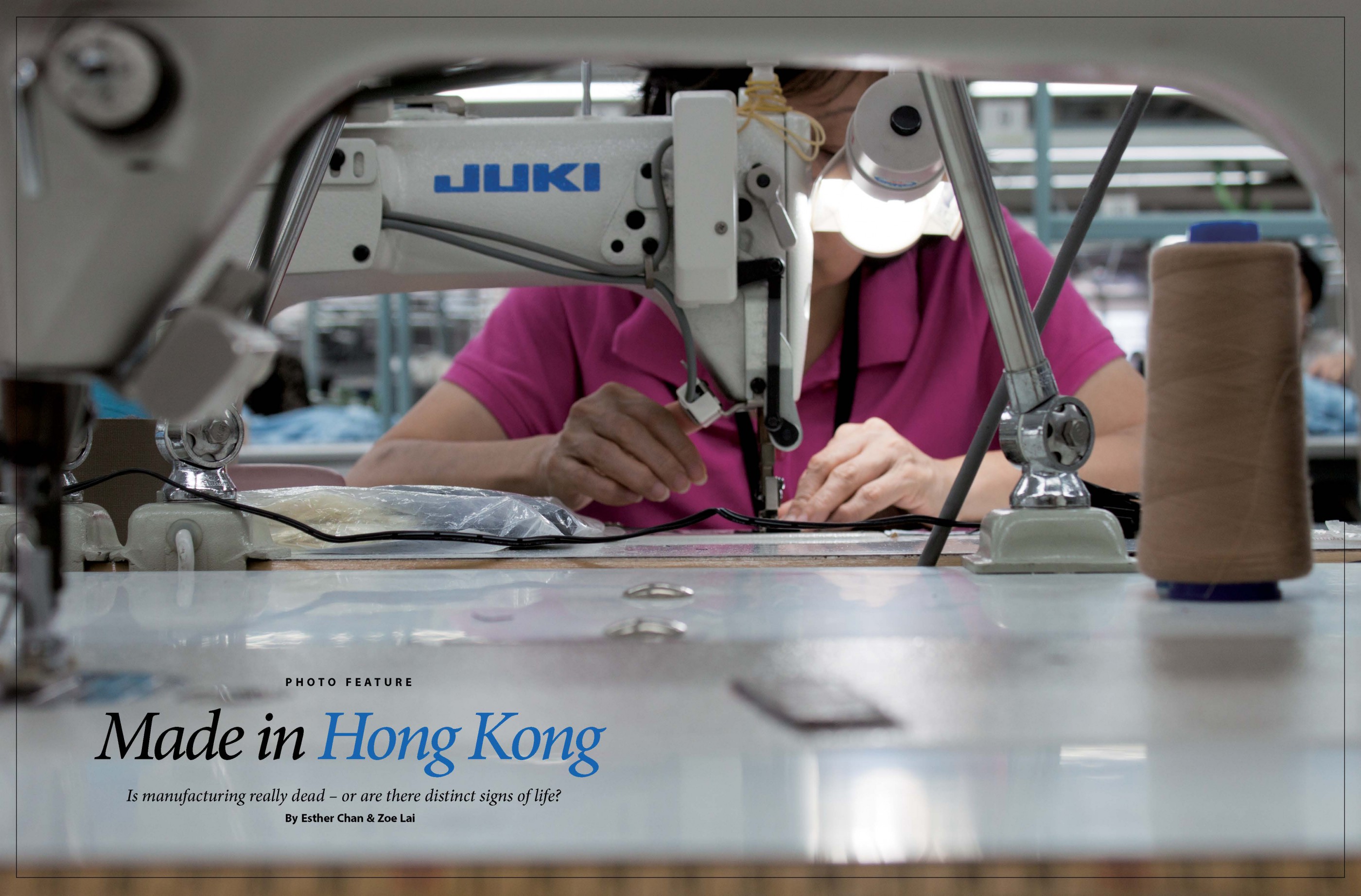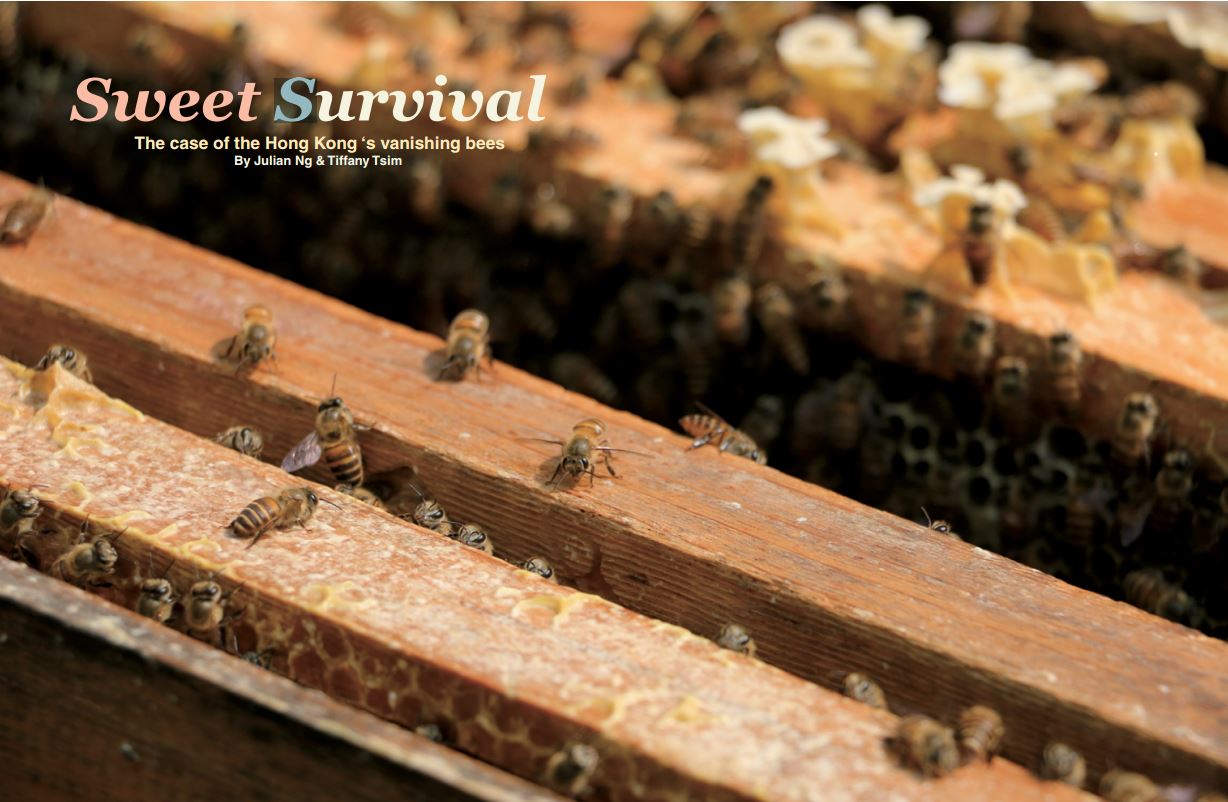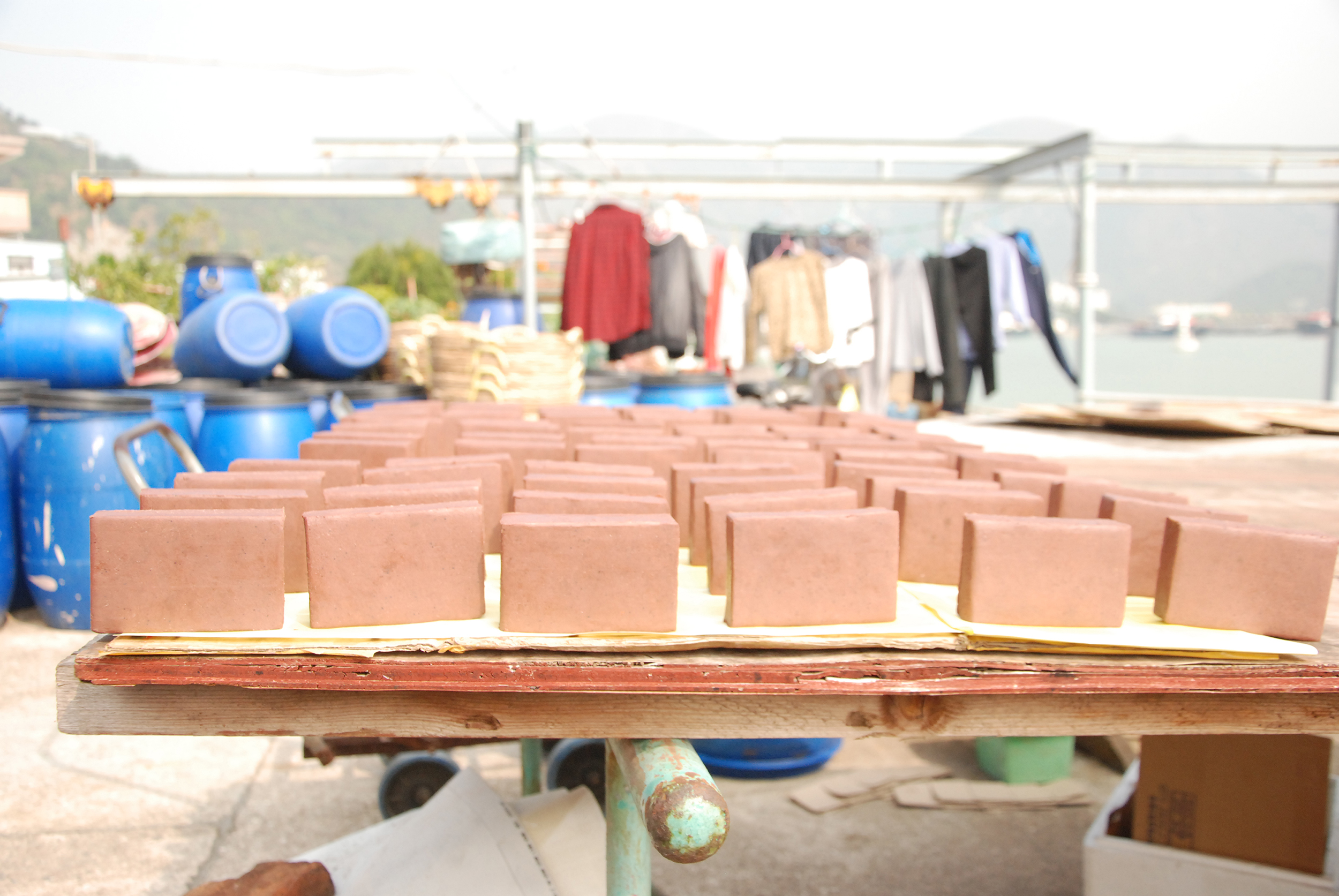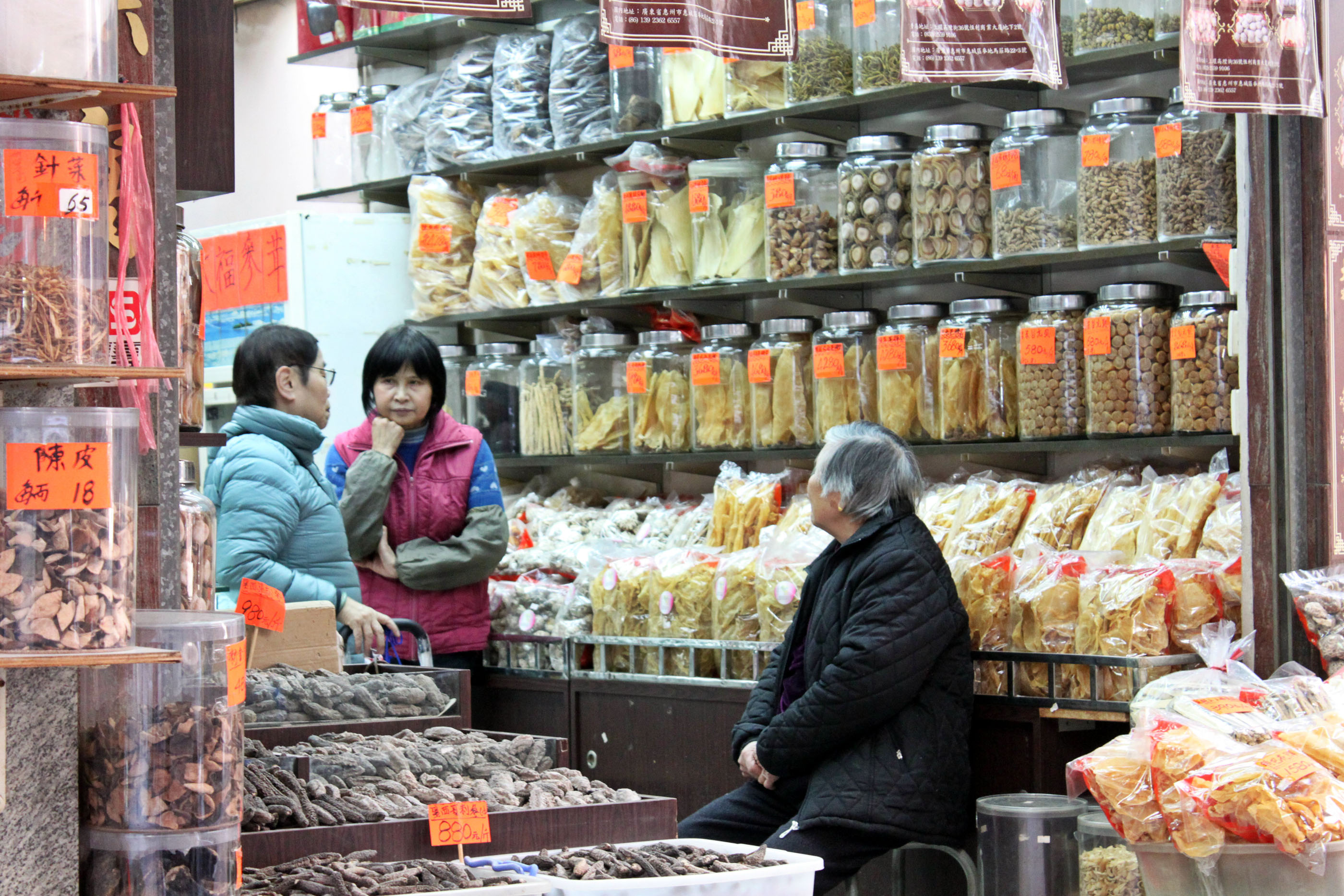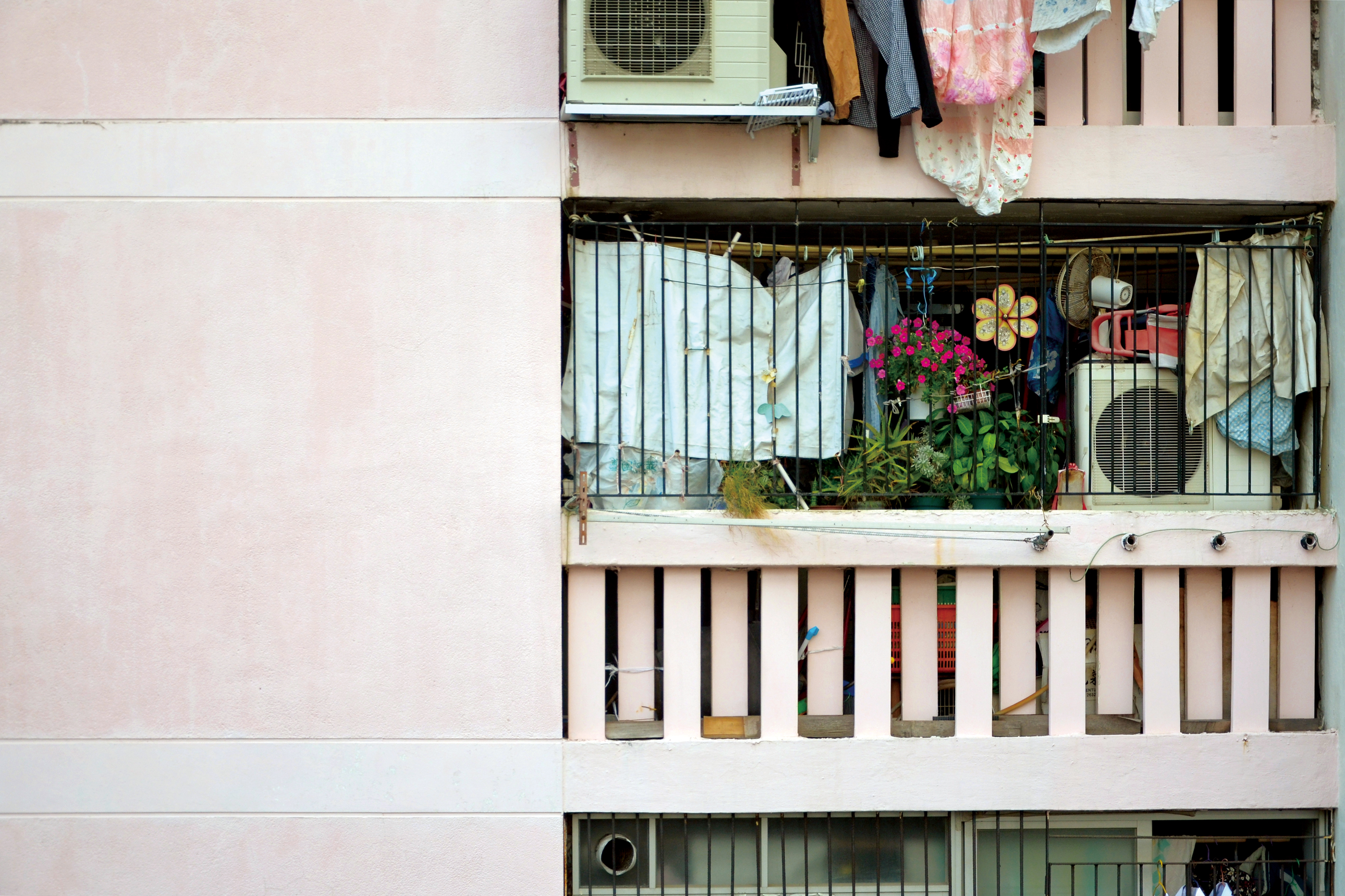They were abandoned as Hong Kong's farming industry dwindled. Now Hong Kong's cows and buffaloes roam the countryside they see as home. Some people see them as a nuisance, others as "indigenous" residents who should be protected.
It seems fun to be a twin, but then there's the endless comparision, and poor families find it hard to support an additional child. Varsity speaks with twins of different ages to hear their stories.
Skateboarding is set to become an official Olympic sport at the Tokyo games in 2020 but skaters are ambivalent about the development - they're worried this will hurt skateboarding's freestyle street culture.
Hardcore K-pop fans in Hong Kong have gone far beyond paying for concert tickets; now they give out souvenirs, ask concert-goers to practice the lyrics of hits, and even order birthday cakes for their idols.
Hong Kong has designated campsites, but some campers prefer to live on the edge and go beyond official site in pursuit of nature.
The Chinese Manufacturer's Association says there are almost no factories still operating in Hong Kong. But some companies remain optimistic that local manufacturing won't die out and do all their production here.
Honey bees around the world are under threat from a mysterious condition called colony collapse disorder where worker bees abandon their hives. But here in Hong Kong, the destruction of sources of nectar, such as fruit trees may be a bigger danger.
Thanks to its rich natural resources and access to quality shrimps, Tai O has been renowned for its scrumptious shrimp paste. But the ban on trawling has shifted the production line to the Mainland. Varsity asks long-established brands how they see the future of their businesses.
Ko Shing Street in Sheung Wan has been a wholesale centre for Chinese medicine for decades. The street is renowned for its high-quality herbs and dried seafood. But the opening of the West Island Line is pushing up rent. Varsity asks the street's vendors about how they see their future.
Wah Fu Estate, with its ocean views, spectacular sunsets, fresh sea breezes and a Pok Fu Lam address, is not a luxury residential complex but a public housing estate with 18 concrete blocks. When it welcomed its first low-income residents in 1967, the area was a remote backwater. Now with land scarce and housing in short supply, Wah Fu faces what some consider to be long-overdue revelopment. Still, many residents will miss the old days and the ties that bind in this old Hong Kong community.





































